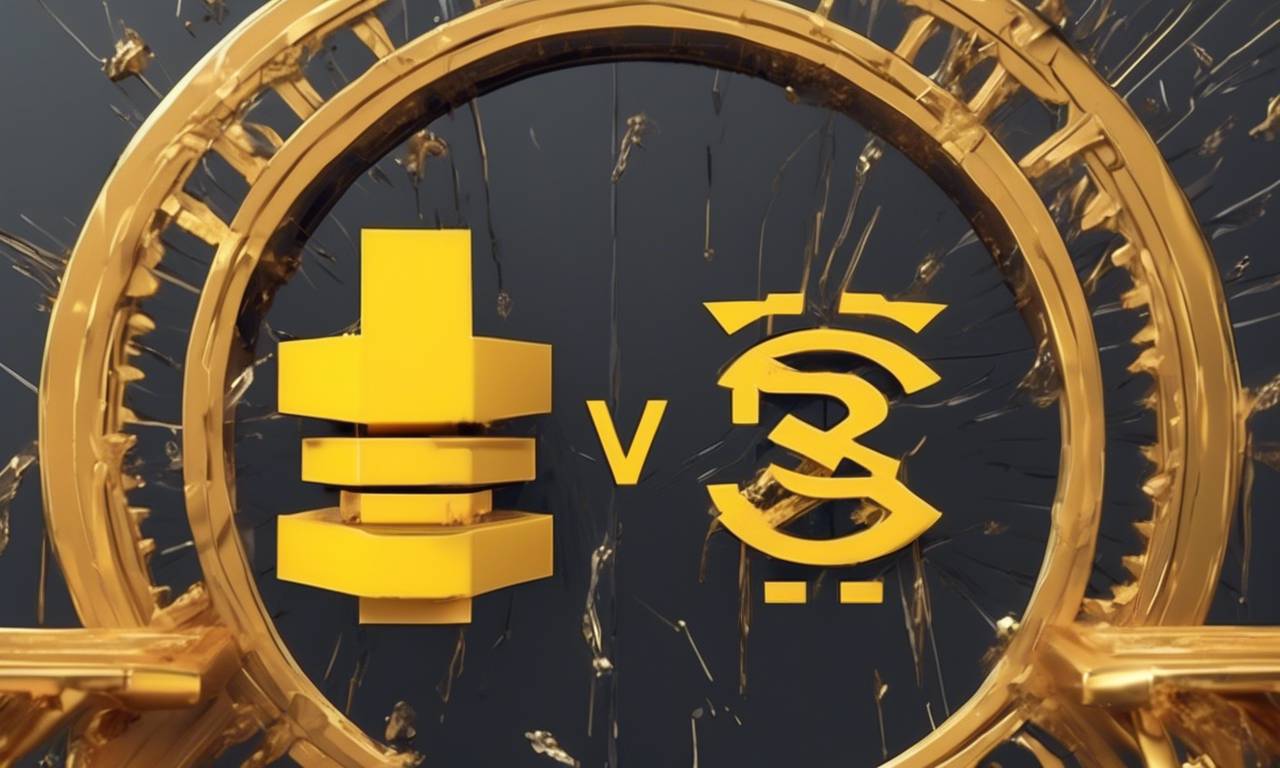Binance Faces SEC’s New Supplemental Authority in Lawsuit
The U.S. Securities and Exchange Commission (SEC) is leveraging every legal development to strengthen its position in the ongoing lawsuit against Binance, Binance.US, and co-founder Changpeng “CZ” Zhao. In a recent move, the SEC filed a notice of supplemental authority, citing the relevance of the revived Williams v. Binance case.
SEC’s Notice of Supplemental Authority
The SEC submitted a notice of supplemental authority to the court, urging it to consider the Williams v. Binance class action in the broader Binance Holdings lawsuit. The U.S. Court of Appeals for the Second Circuit had recently reversed the dismissed class action against Binance and sent it back to the district court for further proceedings.
- The opinion mentioned seven crypto tokens involved in the original lawsuit: ELF, EOS, FUN, ICX, OMG, QSP, and TRX.
- Plaintiffs accused Binance of selling these tokens without proper registration, thereby violating federal securities law and state “Blue Sky” securities laws.
- The court concluded that transactions on the Binance exchange were domestic transactions on Amazon computer servers and raised valid arguments regarding the application of federal and state securities laws.
While the court did not explicitly classify these tokens as securities, the lawsuit aims to distinguish utility tokens from other crypto tokens and establish whether secondary market trading of digital assets qualifies as “investment contracts” according to the SEC.
Binance Challenges SEC’s Coinbase Wahi Case Supplemental Authority
Binance has requested the court to reject the SEC’s notice of supplemental authority concerning a default judgment in the Coinbase insider trading Wahi case. The defense attorneys argue that Judge Torres had previously dismissed the SEC’s claim that blind sales of crypto tokens constitute “investment contracts.”
- The defense attorneys also highlighted that defendant Sameer Ramani did not oppose the SEC’s motion.
- CFTC Commissioner Caroline Pham criticized the broad classification of digital assets as securities.
- Other legal precedents were cited to support Binance’s argument against the SEC’s claims.
SEC’s Strategies in the Lawsuit
The SEC is actively pursuing various legal and investigational avenues to strengthen its case against Binance and its affiliated entities. Some key strategies employed by the SEC include:
1. Leveraging Supplemental Authority
The SEC is utilizing supplemental authority, such as the Williams v. Binance case, to reinforce its arguments in the broader lawsuit against Binance Holdings. By highlighting relevant cases and opinions, the SEC aims to convince the court of its position regarding the alleged violations by Binance.
2. Focusing on Unregistered Token Sales
The SEC’s primary allegation against Binance revolves around the sale of unregistered tokens. The plaintiffs claim that Binance violated federal securities law and state securities laws by offering these tokens without proper registration. The SEC aims to establish that these transactions qualify as securities offerings, which would subject Binance to regulatory scrutiny.
3. Seeking Clarity on Secondary Market Trading
One of the key aspects of the lawsuit is determining whether secondary market trading of digital assets should be considered “investment contracts.” The SEC argues that such trading falls within its purview and should be subject to securities laws. By seeking clarity on this matter, the SEC aims to set a precedent for regulating digital asset trading platforms.
Hot Take: The Battle Continues
The SEC’s latest move to introduce supplemental authority indicates its determination to strengthen its case against Binance. As the lawsuit progresses, both sides are actively presenting their arguments and leveraging legal precedents to support their positions.
While Binance is challenging the SEC’s claims and highlighting inconsistencies in its arguments, the outcome of this lawsuit will have significant implications for the crypto industry as a whole. The court’s decision will shape the regulatory landscape surrounding digital assets and establish precedents for future cases.
Crypto enthusiasts and market participants eagerly await the court’s ruling, as it will provide clarity on the regulatory framework applicable to crypto exchanges and tokens. Until then, both Binance and the SEC will continue their battle in the courtroom.





 By
By
 By
By
 By
By


 By
By